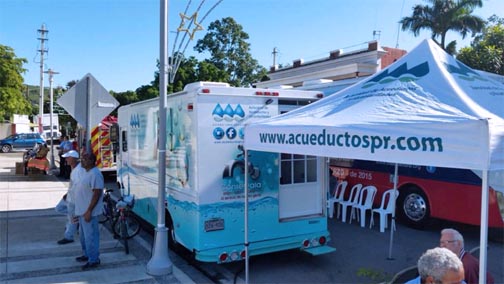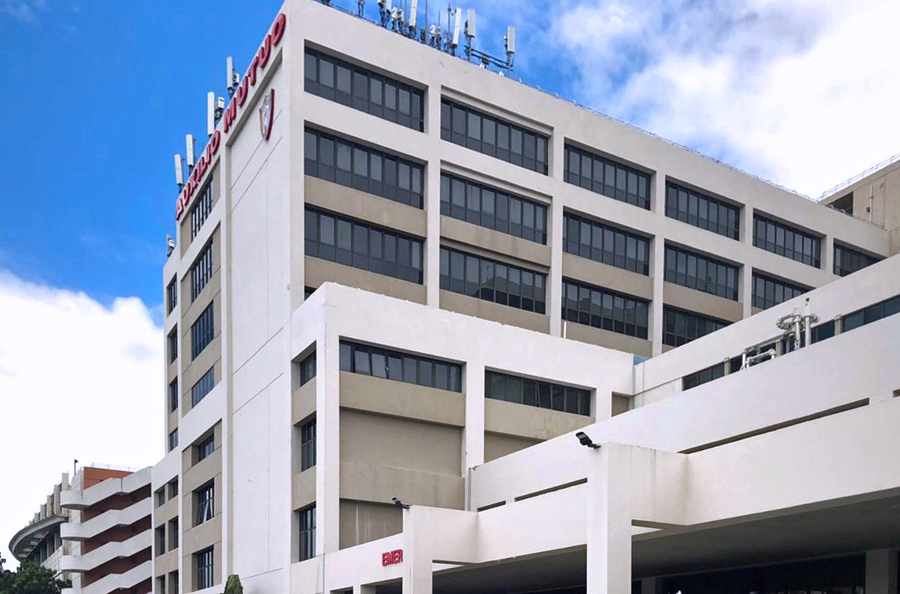Fitch keeps ‘watch negative’ over PRASA liquidity issues


“PRASA has a sizeable and largely regulatory-driven capital improvement program that necessitates ongoing market access in order to fund,” Fitch says in its report. (Credit: PRASA)
In accordance with its practice of regularly reviewing ratings on Rating Watch, credit ratings agency Fitch Ratings announced Wednesday it will maintain its “Rating Watch Negative” status on $3.4 billion of outstanding Puerto Rico Aqueduct and Sewer Authority senior lien revenue bonds.
The bonds are currently rated ‘B+.’
“The Negative Watch continues to reflect concerns relating to liquidity requirements that are dependent on third-party extension of credit or market access. PRASA has certain bank lines of credit outstanding that mature in March 2015. In addition, PRASA has a sizeable and largely regulatory-driven capital improvement program that necessitates ongoing market access in order to fund,” Fitch said in its assessment.
The bonds it is monitoring are secured by a gross lien of all revenues related to PRASA’s combined water and sewer system, senior to the public utility’s all other debt or expenses.
PRASA revenues include operating revenues — for example, user charges and impact fees — as well as governmental funds available to pay current expenses; allotments from the government to pay guaranteed indebtedness or commonwealth supported obligations; and any amounts transferred from the budgetary reserve fund, as created in the amended and restated “Fiscal Oversight Agreement” between PRASA, the commonwealth and the Government Development Bank.
PRASA enacted a 67 percent average rate increase for fiscal 2014, which allowed it to become self-sufficient without assistance from the commonwealth and the GDB.
“This alleviates a major concern that had developed in recent years. Continued self-sufficient operations are expected over at least the next several years,” Fitch noted.
“The rate hike for fiscal 2014 pushed residential charges well above Fitch’s 2 percent of median household income affordability measure and increased bad debt levels. However, limited to no additional increases in user charges are expected through at least fiscal 2018,” it noted.
Meanwhile, Fitch pointed out that PRASA’s debt levels are “high both in terms of absolute dollars as well as the relative percentage of carrying costs to revenues.”
Costs will also continue to increase as the system pushes forward with its ongoing capital improvement program funding, but the rate of growth should slow from previous expectations, it said.











